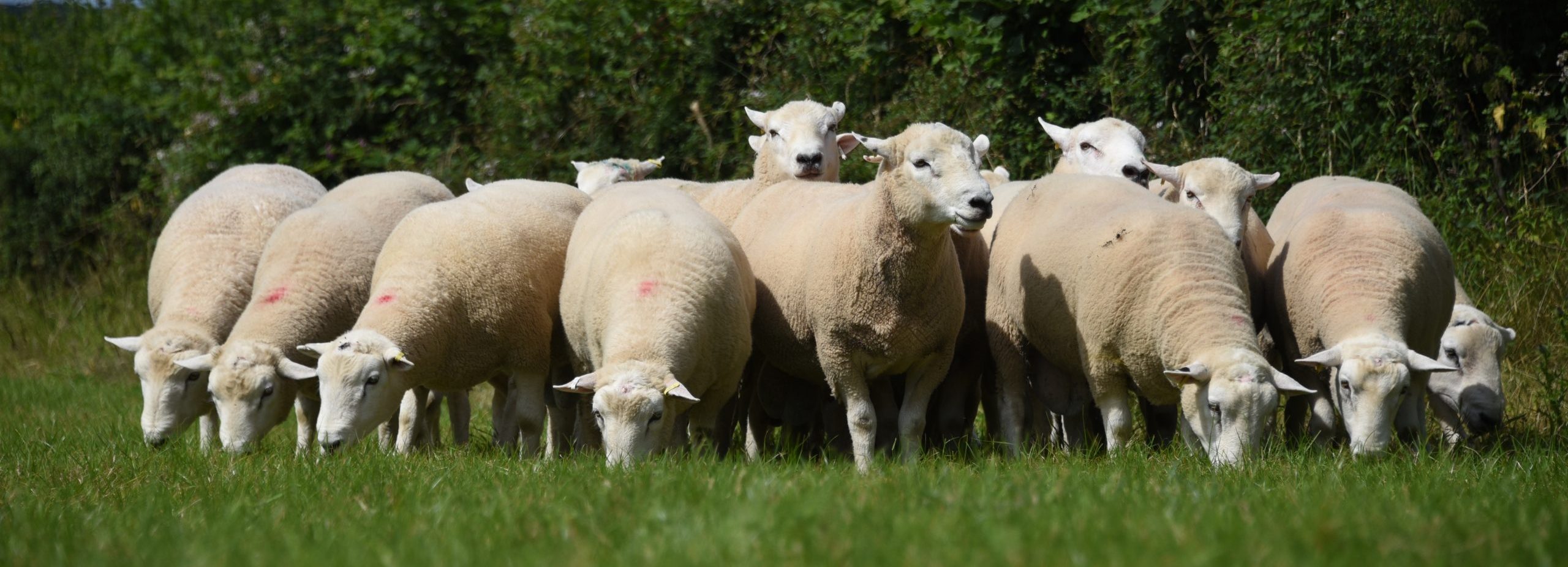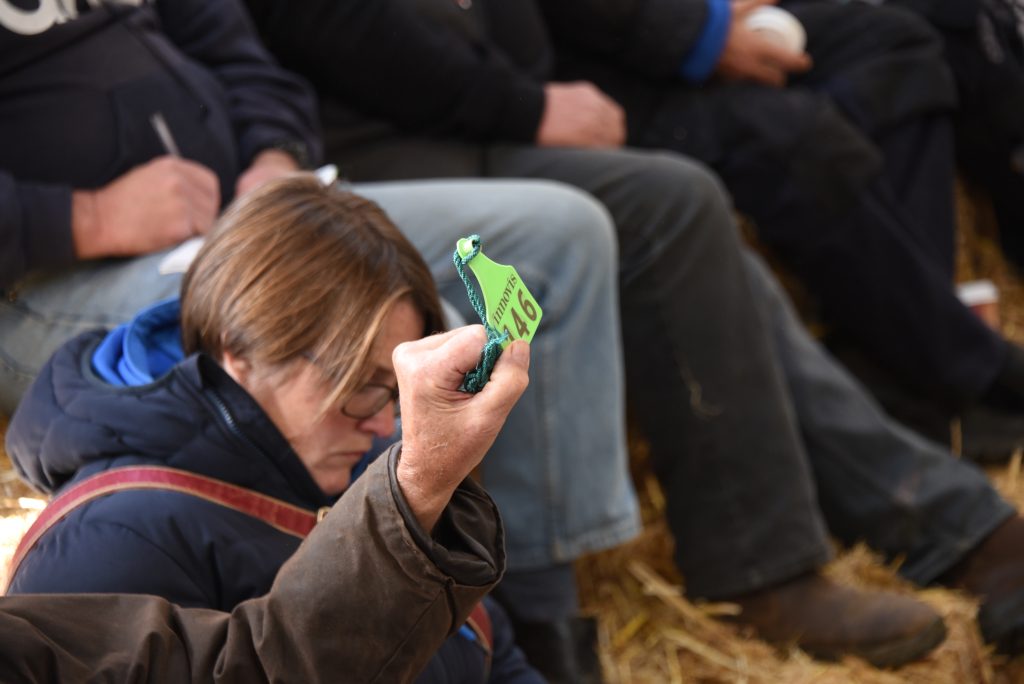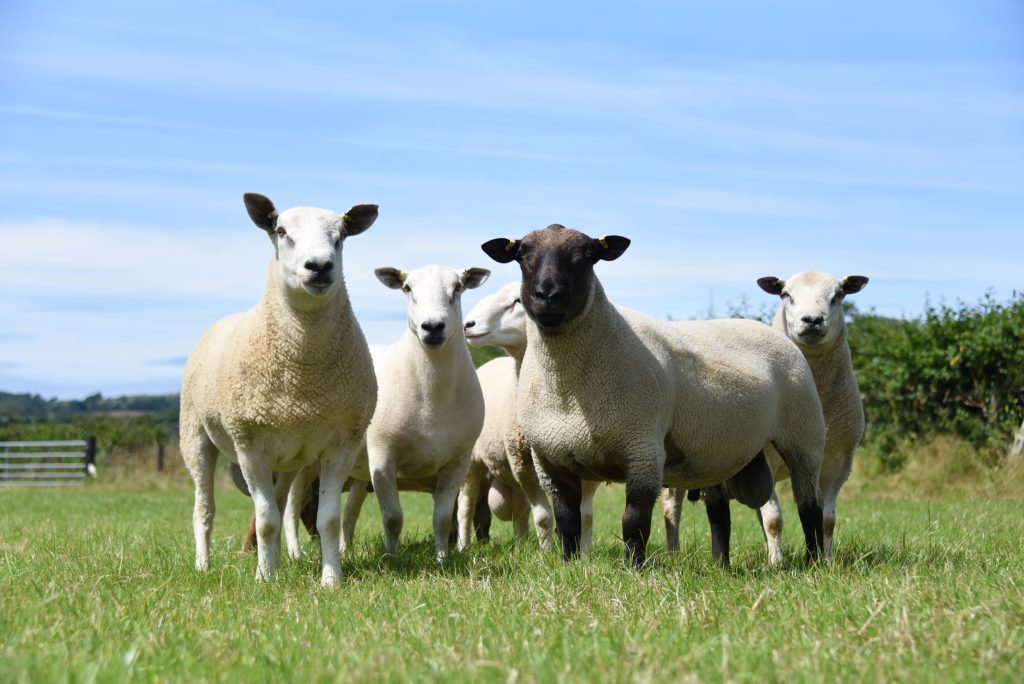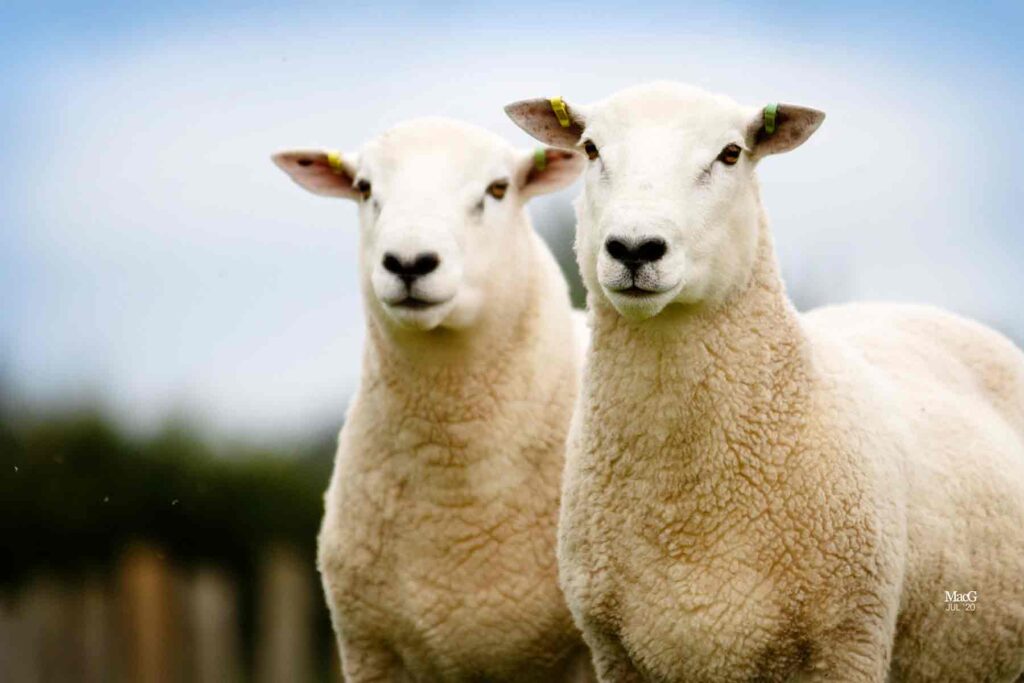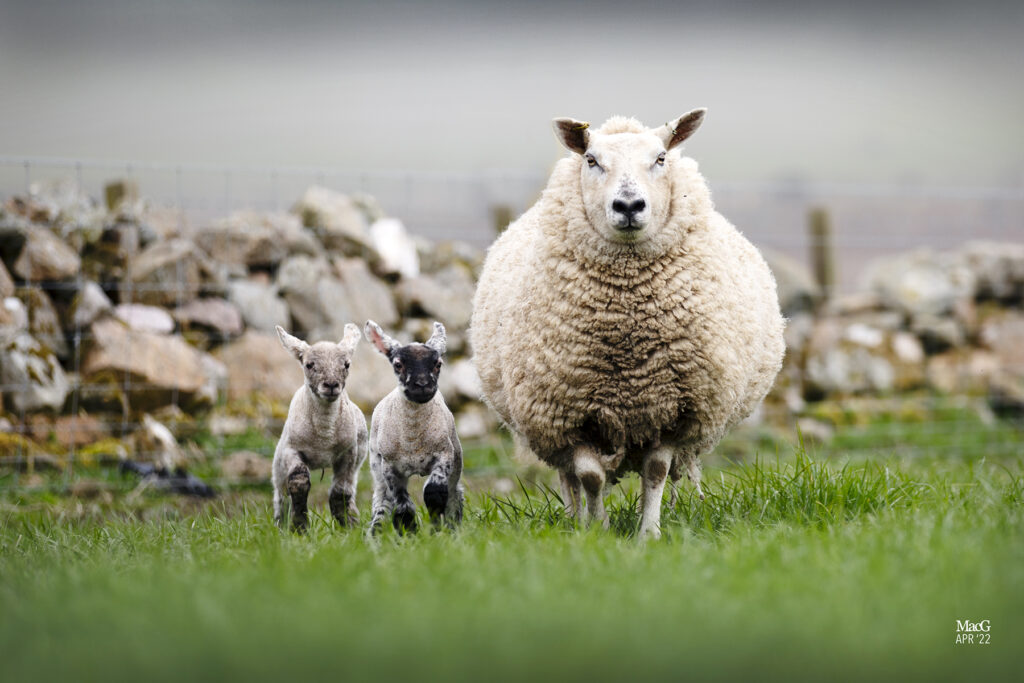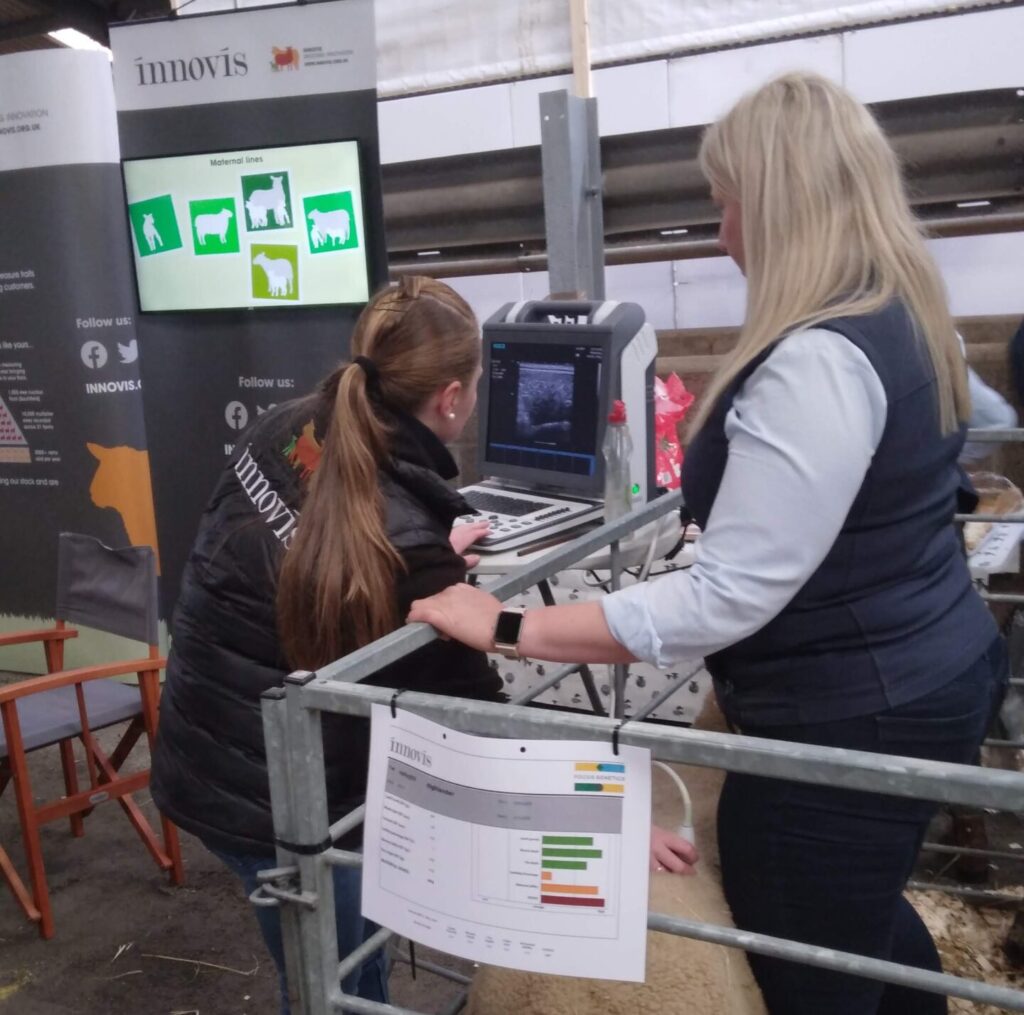Innovis – Innovative Sheep Breeding
Explore Our Services
Innovis is the leading supplier of sheep breeding technologies to the UK livestock industry; a young, dynamic and forward-thinking company that is passionate about making a difference. Innovation is an integral part of our DNA!
Our Rams are Bred to Perform
“To become the world leader in sheep breeding technologies”
Innovis is the leading supplier of sheep breeding technologies to the UK livestock industry; a young, dynamic and forward-thinking company that is passionate about making a difference. Innovation is an integral part of our DNA!
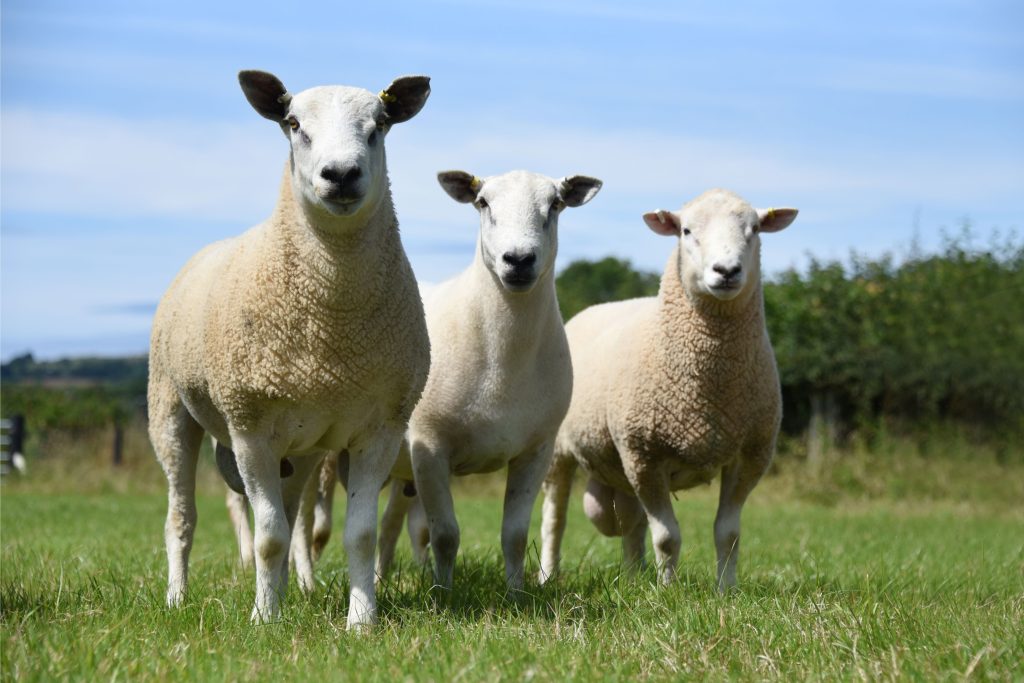
Our staff are a key ingredient in Innovis’ success
Our geneticists, breeding programme managers and technical sales advisers are experienced industry professionals and our administrative teams provide the infrastructure which enables us to service our customers from an efficient and cost-effective base.
Our technical sales advisers are based all around the UK, sharing their technical expertise and experience, consulting with farmers looking to alter their business and potentially introduce Innovis genetics on farm. If you would like to get in touch with your regional adviser, find them here.
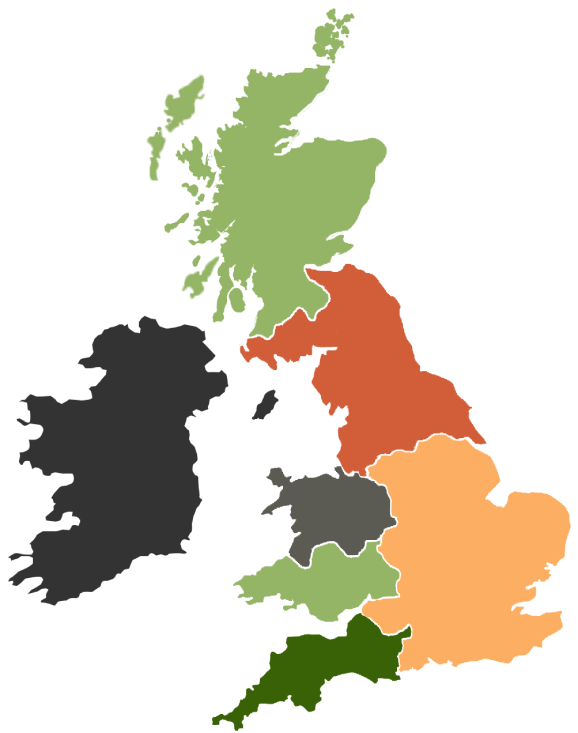
Our Centres
Innovis’ headquarters are in Aberystwyth, Mid Wales from where we operate our centralised administration.
Our nucleus breeding flock is based at Southfield Farm in Hawick in the Scottish Borders.
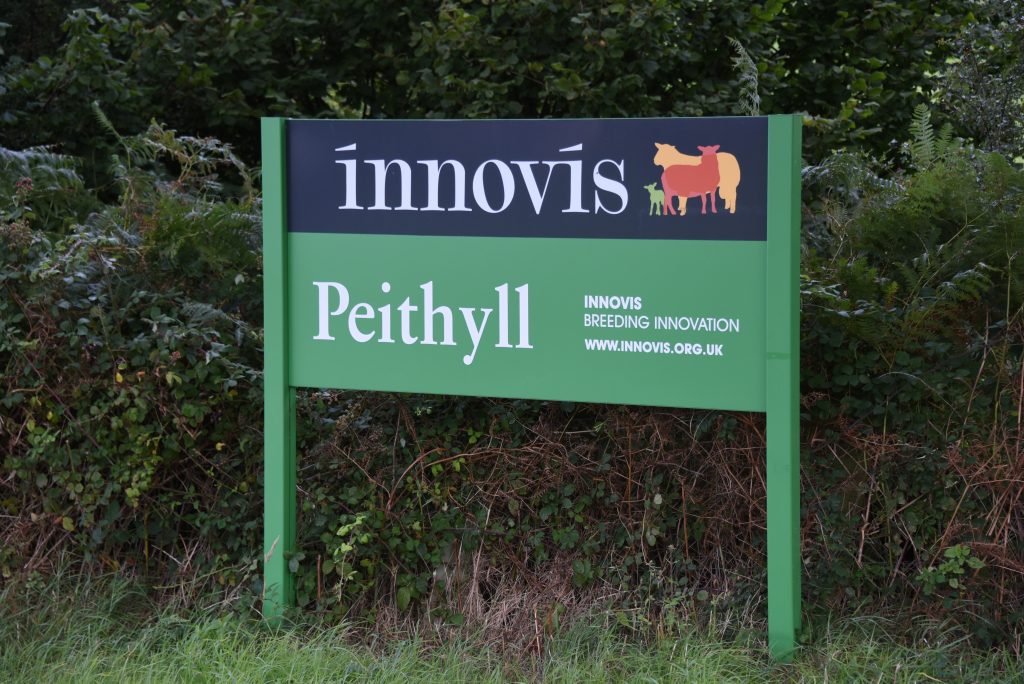
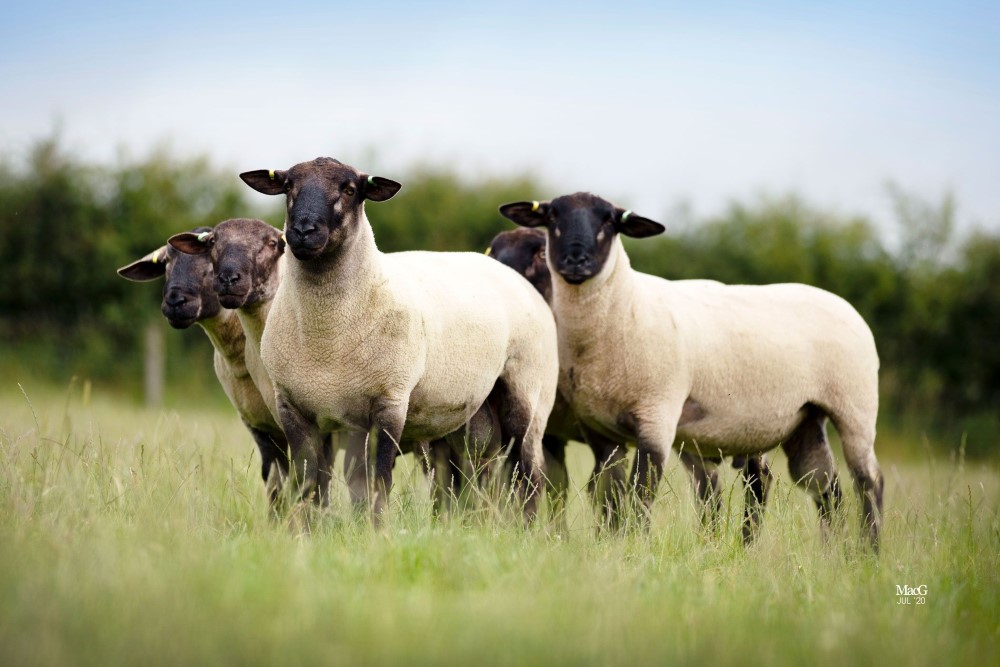
Introducing Innovis…
Innovis was first established in 2004 as a spin-out company from Aberystwyth University. Initially set up to offer breeding services such as AI and ET throughout the UK and Ireland as well as delivering government contracts and customer-focused commercial services.
By 2007, the focus changed and Innovis applied all of its technological expertise and experience to generate a selection of maternal ram and terminal sheep breeds. Composite sheep breeding lines that are suited to meet the individual needs and requirements of the modern sheep farmer.
At present, Innovis are the leading supplier of performance recorded, forage-bred rams to the UK sheep industry.
